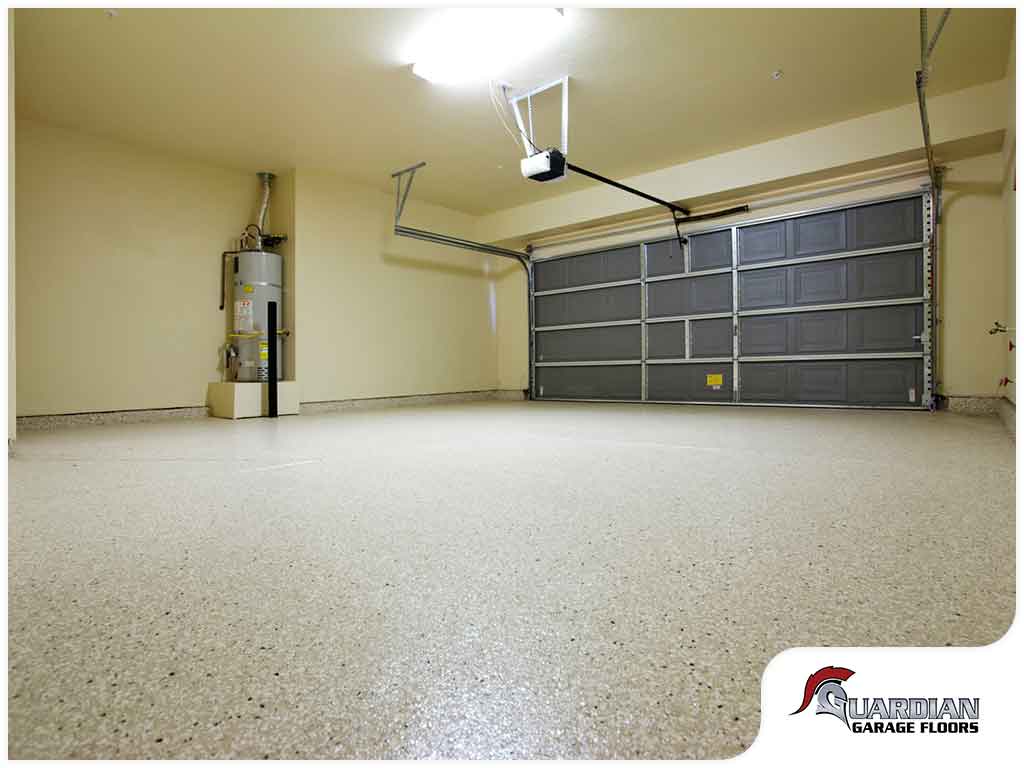5 Causes Of Garage Floor Cracking
It is not uncommon to find cracks in concrete floors. You may find them unsightly, but they are not necessarily harmful. Nevertheless, it pays to understand why they happen to determine whether they are a symptom of a bigger problem.

1. Shrinkage
Concrete shrinks as it transitions from liquid to solid forms. Hairline cracking is a natural phenomenon in the curing process of the material. Although concrete shrinkage could last for decades, it is not something to be worried about, from a structural standpoint.
2. Settlement
Settling happens when the soil under the property moves over time. A little of it may not reveal any visual evidence, but advanced settlement could produce conspicuous cracking in the garage flooring.
Unlike shrinkage cracks, settlement cracks are no laughing matter. Address them with a sense of urgency or else you may experience severe flooding and structural concerns due to uneven flooring.
3. Expansion
Concrete tolerates heavy loads, but it has low tensile strength. In other words, it does not bend or stretch well. Extreme temperature fluctuations could result in cracking.
4. Foundation Damage
Any damage to the foundations of your property could manifest itself through floor cracking. Foundation issues could stem from heavily wet soil after a storm. Unstable soil as well as invading roots could also cause slabs to move.
5. Bad Construction
Poor workmanship almost always leads to cracked garage floors. The use of an improper base like uneven soil, the purpose of low-quality concrete, and skimping on gravel are some of the costliest installation mistakes.
Guardian Garage Floors Solves Garage Floor Cracking Problems
Turn to Guardian Garage Floors to fix your cracked flooring for structural and/or aesthetic reasons. Call 984-217-2842 to discuss your needs with us. You can also fill out our contact form to schedule a consultation. We serve clients throughout Atlanta, GA; Dallas, TX; Chattanooga, TN; Nashville, TN; Tampa, FL; Phoenix, AZ; Tucson, AZ; and Raleigh, NC.
